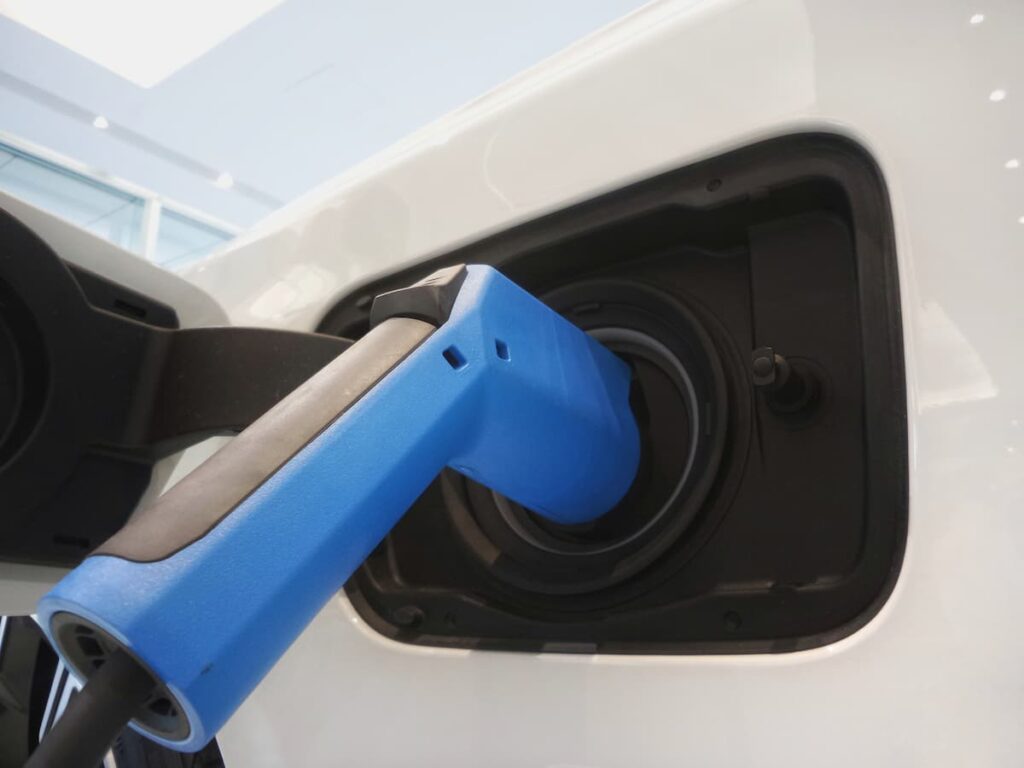Gasoline cars, diesel cars, electric cars, hybrid cars—there are so many options on the market today that it can be overwhelming to decide which one is right for you. Right now, electric vehicles are getting a lot of attention, but the conversation might soon shift to another promising alternative: hydrogen-powered cars.
Why? Because hydrogen cars are gaining traction as a clean and efficient option for the future of transportation. While they may not be as mainstream as electric cars yet, their potential is growing fast. Before the debate intensifies, let’s take a closer look at what hydrogen cars are, how they work, and whether they could be the next big thing in the automotive world.
What Are Hydrogen Cars?
As the world becomes more conscious of environmental issues, car manufacturers are exploring alternatives to traditional fuels. Electric cars have taken the spotlight, but hydrogen cars are emerging as a strong contender. These vehicles run on hydrogen gas, which is converted into electricity through a chemical process inside the car.
Unlike electric cars, which rely entirely on external charging stations, hydrogen cars generate their own power. This makes them different from standard EVs, but still falls under the broader category of electric vehicles since they use electricity to move.
How Do Hydrogen Cars Work?
The core of a hydrogen car's operation is a process called reverse electrolysis. Here's how it works: hydrogen gas stored in a tank is combined with oxygen from the air in a fuel cell. This reaction creates electricity, which powers the car’s motor. The only byproduct of this process is water vapor, making hydrogen cars extremely eco-friendly.
In addition to the fuel cell, hydrogen cars also have a small battery that stores energy generated during braking. This helps provide extra power when needed. A control unit manages all these processes, ensuring smooth and efficient performance.
Are Hydrogen Cars Good for the Environment?
Yes, hydrogen cars are considered environmentally friendly because they produce no harmful emissions. The only thing they release is water vapor. However, the environmental impact of hydrogen production depends on how the hydrogen is created. If it comes from renewable sources like wind or solar, the entire system becomes even cleaner.
Compared to electric cars, which require electricity from the grid, hydrogen cars generate their own energy. This makes them an attractive option for those looking for a fully self-sufficient vehicle.
How Do You Refuel a Hydrogen Car?
Refueling a hydrogen car is quick and simple. Unlike electric vehicles that can take hours to charge, hydrogen cars can be filled up in just 5 minutes. The process is similar to filling up a gasoline car—you simply connect a special hose to the tank and press the button. The tank holds about 6 kg of hydrogen, giving the car a range of around 600 kilometers.

Do Hydrogen Cars Have Batteries Like Electric Vehicles?
Yes, hydrogen cars do have a battery, but it serves a different purpose. The main power source is the fuel cell, which generates electricity from hydrogen. The battery is used primarily for starting the car and providing extra power when needed. It’s smaller than the battery in an electric car, but still plays an important role in the vehicle’s performance.
Pros and Cons of Hydrogen Cars
Like any technology, hydrogen cars come with their own set of advantages and disadvantages:
The Pros
- Fast Refueling: Filling up a hydrogen car takes just 5 minutes.
- High Range: With a full tank, you can drive up to 600 km on a single fill-up.
- Eco-Friendly: The only emission is water vapor, making them zero-emission vehicles.
- Renewable Fuel: Hydrogen can be produced from water using renewable energy sources.
The Cons
- High Cost: Hydrogen cars are currently expensive to buy and maintain.
- Limited Infrastructure: There aren’t many hydrogen refueling stations available.
- No Government Incentives: Unlike electric cars, hydrogen vehicles often don’t qualify for the same subsidies.
- Storage Challenges: Hydrogen is highly flammable, making safe storage a concern.
- Limited Production: Hydrogen cars are not yet widely available, so supply is limited.
When considering a new car, it’s important to weigh the pros and cons carefully. While electric cars are currently leading the market, hydrogen cars offer a promising alternative that could shape the future of transportation. As technology advances and infrastructure improves, we may soon see a shift toward hydrogen-powered vehicles as the preferred choice for eco-conscious drivers.
Fire Engine,Automobile Forest Fire Trucks,Purchase Of Dry Powder Water Fire Trucks,Automobile Dry Powder Water Fire Trucks
Chongqing Dike Technology Industry Co. , Ltd. , https://www.cqdkqc.com
